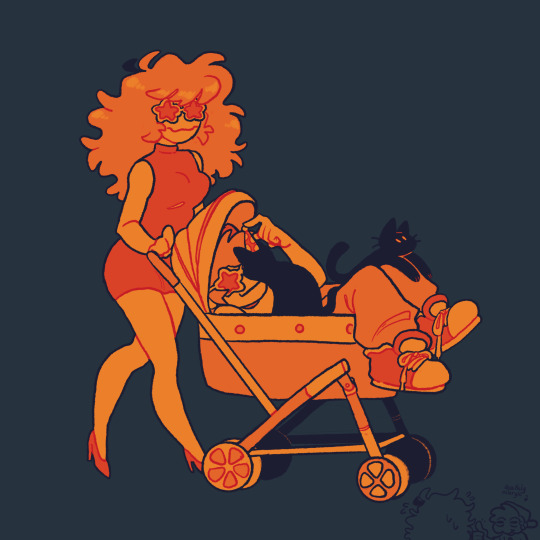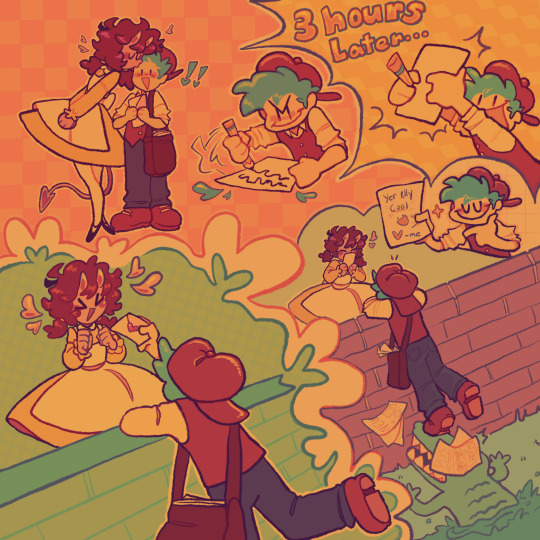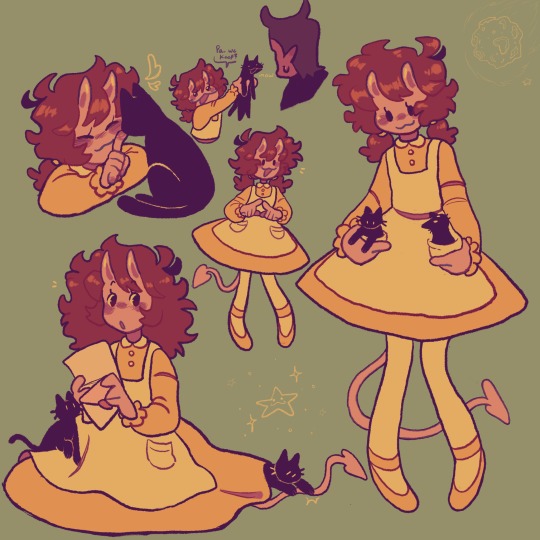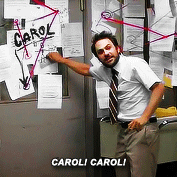#The Friday Poem
Explore tagged Tumblr posts
Text
A Run of Readings in October/November
Talk to whomsoever (among the poets you may know) and a common theme is just how hard it can be to get invitations to read. It really is hard going and for those of us – most of us – who have an aversion to the push and flaunt that is required – it can even feel quite painful. But do it we must. So it’s really nice when it produces a few results. This, by way of saying that I have a few…

View On WordPress
#Alex Murdoch#Caroline Maldonado#Common Ground#Dunlin Press#Julian Stannard#Jurgen Becker#Karen Leeder#Laia Watkins#Oxford Poetry Circle#Peter Robinson#poetry in performance#Small Publishers Fair#Steve Ely Valley Press#The Friday Poem#The Long Poem Magazine#Timothy Ades#Victoria Moul
0 notes
Text

#true story#dark and moody#current mood#summerween#halloween#horror#horror movies#vintage 90s#vintage#photography#poem#thoughts#artists on tumblr#tumblr#beautiful#art#friday the 13th#dark background#dark#darkness#horror lover#grunge#grungy aesthetic#grungy style#hello world#movie#movies#scream#love
333 notes
·
View notes
Quote
You can blame yourself for anything if you think about it long enough
Friday Night Lights (TV Series 2006–2011)
#Friday Night Lights (TV Series 2006–2011)#motivation#quotes#poetry#literature#relationship quotes#writing#original#words#love#relationship#thoughts#lit#prose#spilled ink#inspiring quotes#life quotes#quoteoftheday#love quotes#poem#aesthetic
198 notes
·
View notes
Text



#phantom arcade is so cool#plumo doodle#artists on tumblr#digital art#fnf#friday night funkin#gf fnf#fnf bf#bf is the paperboy for gf's neighborhood. he writes shitty poems to take to her when he's dropping off tha newspapers#the cat idea i got from a vintage sticker book- there's a sticker of a girl holding two kittens in her apron pockets#i posed gf just like the sticker on the right of the last image#i gave her the same dress and apron as the girl in the sticker as well#then i just enjoyed the concept of gf being a cat enjoyer
417 notes
·
View notes
Text






















"Animals" by Frank O'Hara / The Pacific / The Pacific Part V Script
#maybe this only makes sense to me this is very self-indulgent I love frank o'hara and this is the ultimate childhood friends poem imo#I missed gay sledge thursday it's now gay sledge friday#the pacific#eugene sledge#sid phillips#sidsledge#long post#my web weaves
148 notes
·
View notes
Text
October 5: This one’s a play off a prompt from last year AND it’s a writing prompt! Take any famous character from a horror film, and create a nursery rhyme about them. You can make it completely innocent, or, like many nursery rhymes, remain dark but disguised in pretty language.



I think my character is pretty obvious, and as an added bonus I made 2 haiku (apparently the plural is the same) between Mother and son.
#pencil#ink#my art#art#sanderstober#sanderstober2024#original poety#poetry#original poem#poem#haiku#jason voorhees#camp crystal lake#crystal lake#pamela voorhees#friday the 13th
179 notes
·
View notes
Quote
You can blame yourself for anything if you think about it long enough
Friday Night Lights (TV Series 2006–2011)
#Friday Night Lights (TV Series 2006–2011)#motivation#quotes#poetry#literature#relationship quotes#writing#original#words#love#relationship#thoughts#lit#prose#spilled ink#inspiring quotes#life quotes#quoteoftheday#love quotes#poem#aesthetic
169 notes
·
View notes
Text
My Three Desert Island Poems
As mentioned in a post earlier in June, I spent a few days around that time trying to choose just 3 poems that I might take with me to a speculative desert island. I was asked to do this by The Friday Poem website and they have now posted the results of my labours. In the end I chose work by Coleridge, Edward Thomas and Rainer Maria Rilke. Of course, the latter has been on my mind a great deal…

View On WordPress
#Edward Thomas#new translations of Rilke&039;s poems#Pushkin Press#Rainer Maria Rilke#Samuel Taylor Coleridge#The Friday Poem
0 notes
Text


to be trans is to be loved!
#sunburst art#trans#transgender#t4t#queer#original poem#queer artist#trans poetry#queer poetry#queer t4t#ftm#mtf#noooo big verbal imagery or good pretty lines in this one it is just blunt and... sappy.......#sorry for anyone following for AA or UT AHAHAAA my heart is fulllllll#realllly. shy about this one I frantically wrote it and frantically drew over it and frantically saved it. etcetc#trans people making me cry... again..... happy 2AM on a friday WOW#did not even wait to get the drawing tablet we trackpad'd this one AHAHAA#good enough needed to throw it onto an image or I'd die
37 notes
·
View notes
Text
“Ok in the original error message on Grammy night there’s the the code that says DPT which obviously now is the acronym for Tortured Poets Department but backwards and it’s counting down 3-2-1 from back to front IT’S LIKE IT’S STARTING FROM THE END INSTEAD OF THE BEGINNING or from the last page instead of the first chapter and the word scramble is literally a red herring and the original error is web speak for the system crashing BECAUSE THERE’S BEEN A GLITCH THE SYSTEM IS OVERLOADED so she has to go back to basics with a typewriter instead in the latest tease but also the betting Swifties are saying the Apple Music scramble is spelling out Glitch backwards too and the original error message is a black page with white font but the NEW error message is white with black font they’re like TWO SIDES OF THE SAME COIN and now she’s teasing 13– THIRTEEN WHAT?!—“

#the tortured poets department#this is the fun kind of clowning lol#I’m 99% kidding but I think I might be onto something with the end before the beginning thing lol#(I’m not a rep tv truther whatsoever)#(I want TTPD to shine and get its limelight for eons)#(but I have to admit this joke conspiracy theorizing made me think maybe the end -TTPD- prefacing the beginning -rep- isn’t that far fetche#in the grand scheme of conspiracy theory clowning lol)#I think she’s just going to release some sort of bonus/accompanying content/art to go with whatever is cooking for Friday)#I do actually think the 13 might mean something… 13 extra tracks? Poems? Something? A la 3 am edition of midnights#Jlaw gif WHAT DO YOU MEAN
160 notes
·
View notes
Quote
You can blame yourself for anything if you think about it long enough
Friday Night Lights (TV Series 2006–2011)
#Friday Night Lights (TV Series 2006–2011)#motivation#quotes#poetry#literature#relationship quotes#writing#original#words#love#relationship#thoughts#lit#prose#spilled ink#inspiring quotes#life quotes#quoteoftheday#love quotes#poem#aesthetic
53 notes
·
View notes
Text
Edward Thomas, Tellisford, and a poem of my own
I have recently been writing a piece for the excellent site, The Friday Poem, or the FRIP as it styles itself, edited by Hilary Menos. I’d had a poem accepted by the FRIP earlier this year and Hilary had asked if I’d like to contribute something in prose, perhaps choosing 3 ‘desert island’ poems. An impossible challenge, of course – only three!!?? – but an interesting exercise to be sure. I’ll…

View On WordPress
#1914#desert island poems#Edward Thomas#Gone#Gone gone again#Hilary Menos#In Pursuit of Spring#Nestle factory at Staverton#Quantock Hills#River Frome#Seren Books#Tellisford#The Friday Poem#The Lovely Disciplines#the Other Man#Trowbridge#Wiltshire
0 notes
Text
Stuff of Legends
Words: 143 Tagging: @flashfictionfridayofficial

You are the stuff of legends.
Please, do not ever let anyone tell you otherwise. You are brave and strong, kind and loving. So what if you get angry sometimes? Do you not think, that those whose names echo in history did not get angry too?
You are the stuff of legends.
You are a star that is shinning, bright and mighty upon earthly firmament. So, please, do not dismiss yourself. Do not make yourself to be less, because you are magnificent.
You are the stuff of legends.
But some people forget, that not all legends names are written down, some names are passed down by word. Because the legend they left behind is kindness in an unkind word. So, please. Be the stuff of legend: loving and kind, fierce and bold when needed. And wise enough to know how to be each.
~ Ely C. Winters.
#poets on tumblr#spilled ink#poetry on tumblr#poems on tumblr#poetry#poem#flash fiction friday#smittenbypoetry#poetryportal#poetwhispers#poeticstories#writerscreed#writtenconsiderations#writingthestorm
40 notes
·
View notes
Quote
You can blame yourself for anything if you think about it long enough
Friday Night Lights (TV Series 2006–2011)
#Friday Night Lights (TV Series 2006–2011)#motivation#quotes#poetry#literature#relationship quotes#writing#original#words#love#relationship#thoughts#lit#prose#spilled ink#inspiring quotes#life quotes#quoteoftheday#love quotes#poem#aesthetic
104 notes
·
View notes